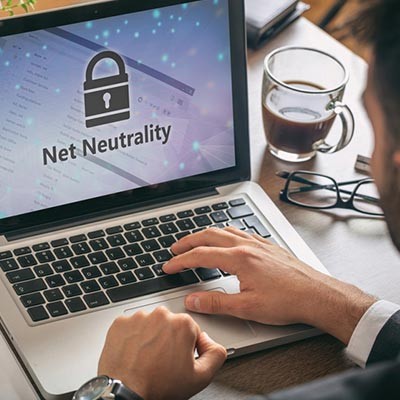In the United States, the political scene is extremely divisive. This can be seen in nearly every political arena including the ongoing debate over who should have regulatory power over the Internet. In 2017, the Federal Communications Commission voted, three votes to two, to repeal the Net Neutrality rules that were implemented by the same regulatory body just two years prior. Today, with a new administration being sworn in in less than a month, we thought we’d revisit the net neutrality rules and see where we stand at present.
Datalyst Blog
Datalyst has been serving the Massachusetts area since 2010, providing IT Support such as technical helpdesk support, computer support and consulting to small and medium-sized businesses.
0 Comments
When we write about Net Neutrality, we typically write about how it is designed to keep the telecommunications conglomerates, who make Internet service available to individuals on the Internet, honest when laying out their Internet service sales strategy. One way to put it is that without net neutrality in place, the Big Four (which are currently Comcast, Charter, Verizon, and AT&T) have complete control over the amount of Internet their customers can access.


